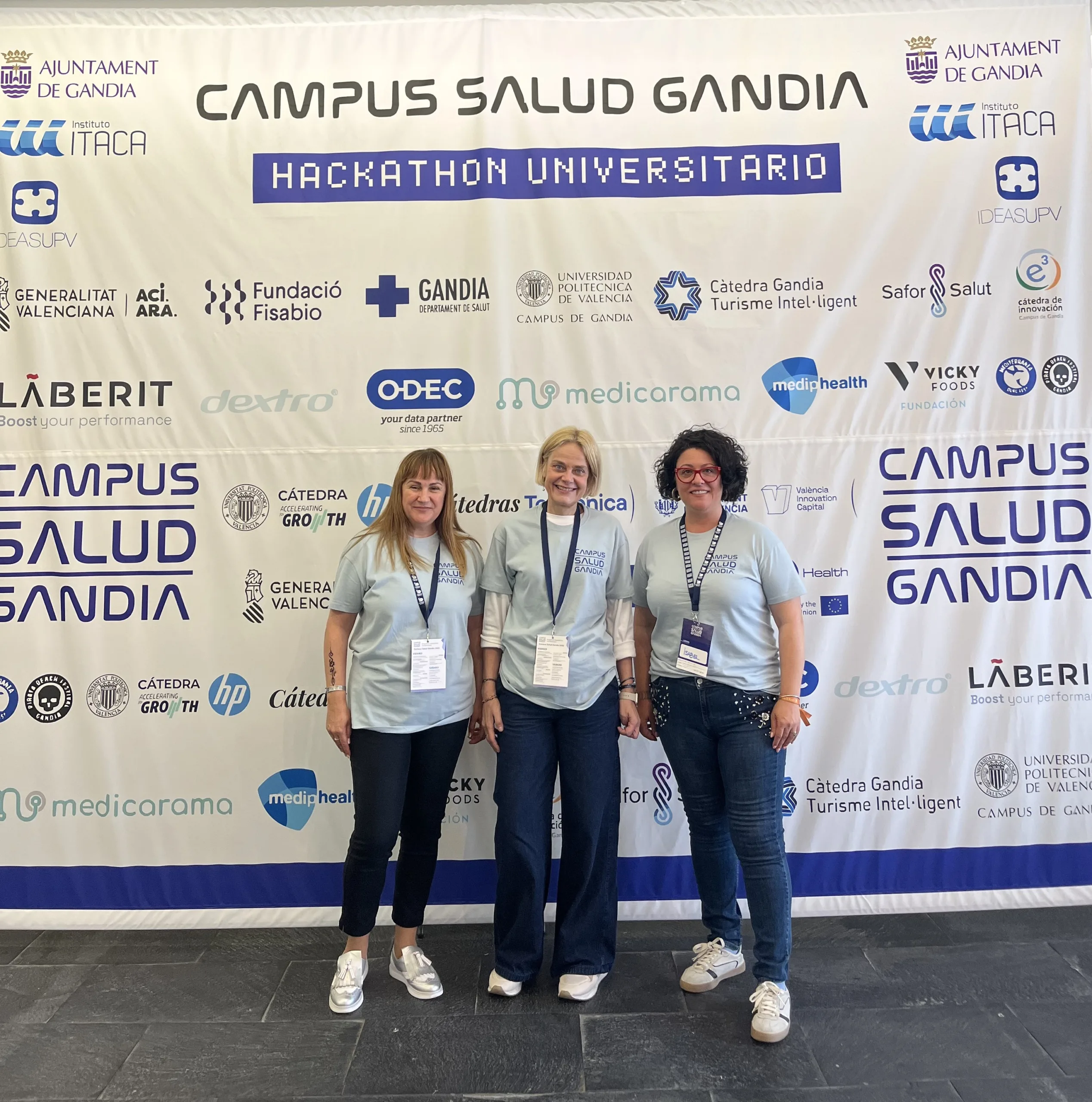With the aim of attracting multidisciplinary talent in the field of healthcare, the Universitat Politècnica de València (UPV), in collaboration with Safor Salut, Gandia City Council, and the Francesc de Borja University Hospital in Gandia, among other partners, has organized the third edition of the Campus Salud Gandia (Gandia Health Campus).
“It’s a university hackathon designed to motivate and inspire students from any degree program and university, as well as anyone interested in health innovation, well-being, and entrepreneurship,” explained José Millet, a UPV professor and the event coordinator.
30 Hours Nonstop
Held on May 2nd and 3rd at Campus Gandia (UPV), the event brought together university students from across Spain to envision healthier cities under the theme of Urban Health, blending learning with real-world problem-solving focused on health and well-being in urban environments. They were guided by experts in public health, as well as specialists in health and wellness technologies, creativity, innovation, and business development.
Over two dynamic days, the hackathon blended dynamic learning modules with collaborative problem-solving. And all of it with participants’ overall well-being in mind: the event also featured activities like yoga and dance sessions, inspired by the timeless motto “mens sana in corpore sano”.
150 students from undergraduate, dual-degree, master’s, and doctoral programs across various universities registered for the event, with 80 participants forming 19 multidisciplinary teams.

This edition brought together a diverse group of participants, with a strong representation of students from health and technology disciplines, hailing from over 15 universities across Spains. Biomedical Engineering once again emerged as the most represented degree program, closely followed by Interactive Technologies, which made a strong debut this year. Students from Industrial Engineering, Computer Science, Psychology, and various humanities and social sciences disciplines also took part. This edition has reinforced the commitment to young talent, multidisciplinarity, and innovation applied to health.
Three Challenges, One Mission: Enhancing Urban Health
The hackathon was structured around three core challenges, each designed to foster innovative solutions aimed at improving health and well-being in urban environments:
-
The creative challenge tasked participants with selecting a disease and analyzing the urban factors that influence its onset or progression. They were encouraged to identify which of these factors are measurable and determine whether they are currently being monitored or have the potential to be tracked in the future.
-
For the analytical challenge, participants accessed the Valencia Urban Health Observatory’s repository, which offers 40 key health indicators. Each team selected a specific challenge centered on a health indicator and conducted a comprehensive analysis to explore its implications and potential solutions.
-
The third challenge invited participants to adapt Valencia’s urban health findings to Gandia’s context, envisioning a healthier and more equitable city.
As a new feature this year, the Campus Gandia Library (CRAI) collaborated by providing participants with curated information resources in dossier format. These dossiers were designed to assist teams in documenting their responses to Urban Health challenges. All resources will also be available on the bibcraigandia blog (https://bibcraigandia.blogs.upv.es/campus-salud-gandia-2025/).

The hackathon concluded with participants presenting their projects to a multidisciplinary jury, showcasing proposals distinguished by their creativity, analytical rigor, and innovative approaches to urban health challenges.
The team “URBAN VIVE” secured first place with an innovative urban project proposing the development and installation of paving stones enriched with beneficial microbiota, capable of releasing natural compounds upon contact. These substances can enter the body through the skin or respiratory tract, offering proven benefits: enhancing immune function, alleviating stress and anxiety, and aiding in the prevention of respiratory issues and colds. The winning concept was presented by students from the Bachelor’s Degree in Interactive Technologies and the Bachelor’s Degree in Biomedical Engineering at the Campus Gandia (UPV), alongside a researcher from the Institute of Molecular and Cellular Biology of Plants (IBMCP) at UPV.
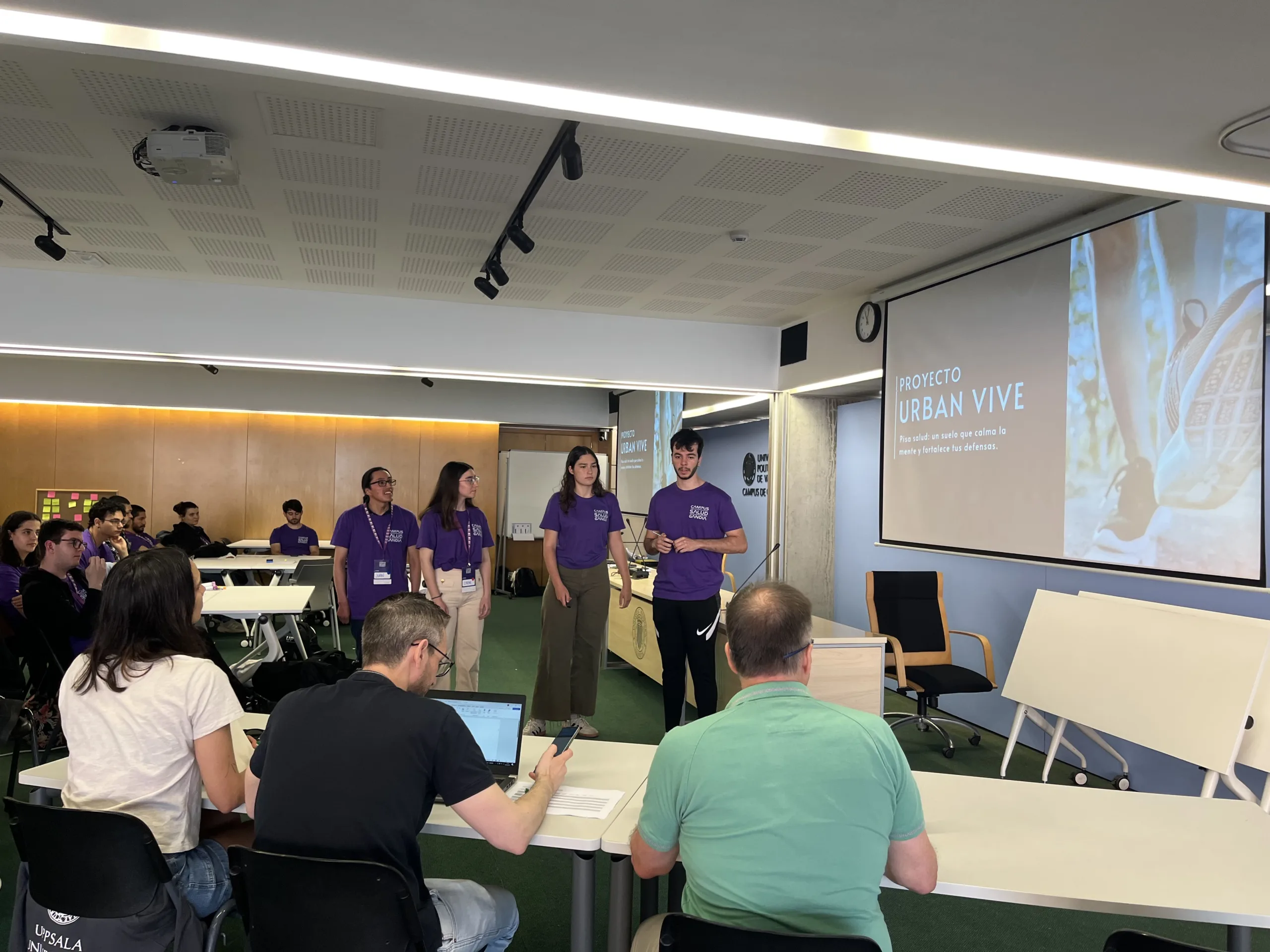
Second place was awarded to the RHINOX team for their innovative project, which introduces a nasal device and accompanying mobile app designed to enhance individuals’ quality of life through guided breathing exercises. The device also includes a contaminant filter. The team comprises students from the Bachelor’s Degrees in Biomedical Engineering and Telecommunications Engineering at the UPV.
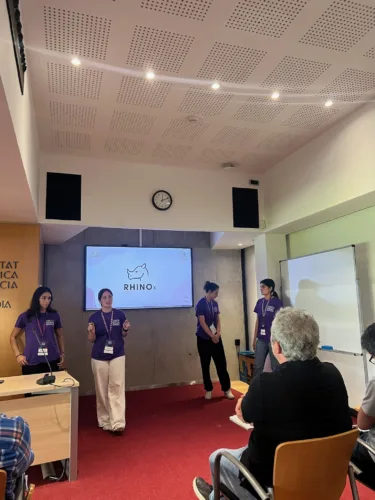
The third prize was awarded to the NOKIA team, while the runner-up prizes went to MIAU and URBAN HEALTHY KIDS. MIAU is a multidisciplinary team comprising a telecommunications engineer, computer scientist, industrial designer, and data scientist. They developed an AI chatbot designed to alleviate loneliness by monitoring user data such as light levels, movement, and app usage time.
Here at Campus Gandia (UPV), we actively contributed to the organization and mentoring of the event, thanks to the dedicated involvement of Pilar Sánchez, Isabel Fambuena, Natalia Sastre, Gregorio Bravo, Carles Madramany, Pepe Marín-Roig, Paco Castells, Maite Sebastiá, Sandra Sendra, Juan Miguel Alberola, and Vicenç Almenar.
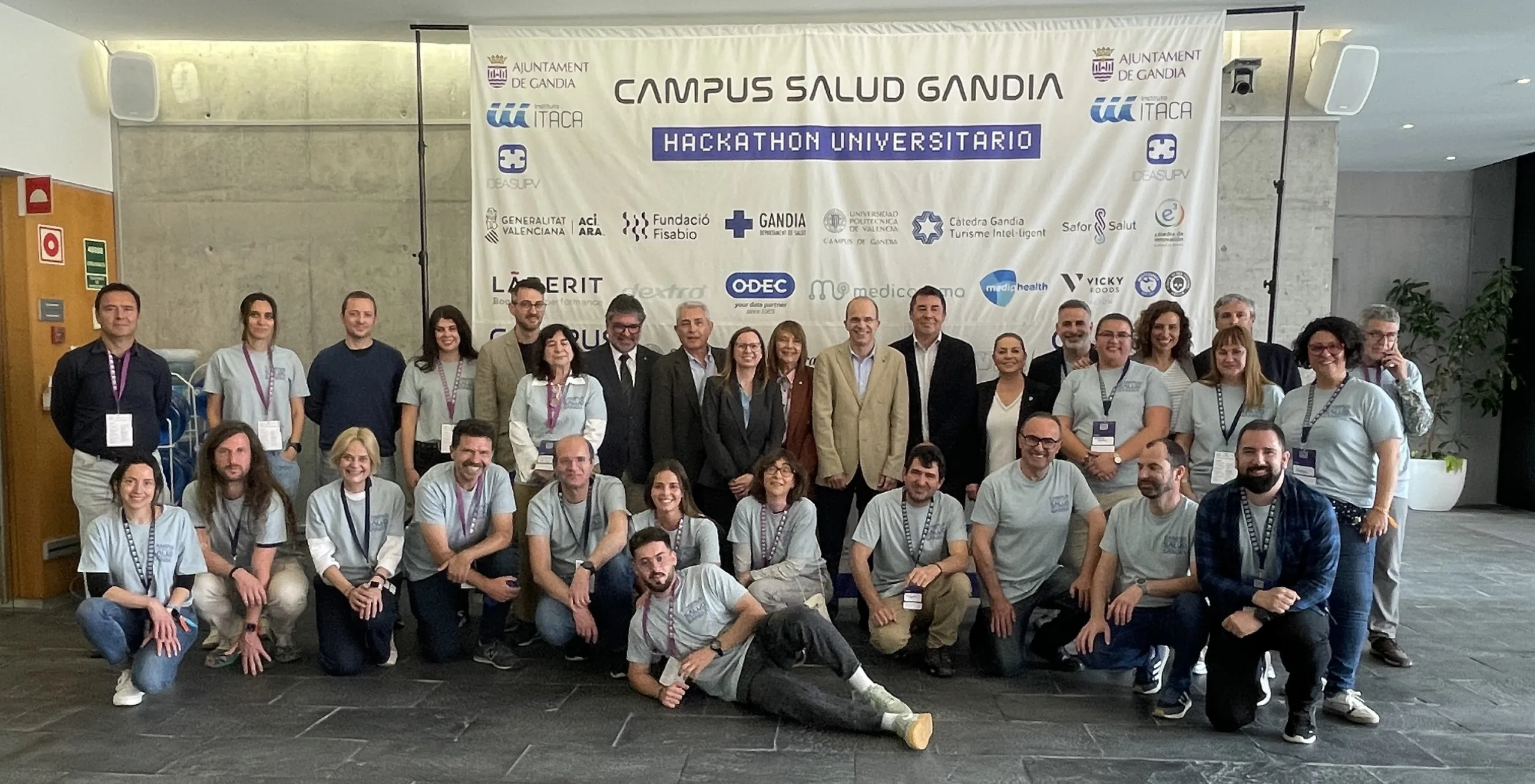
The Safor Salut program, a partner in this event, is funded by IVACE+i Innovation and the European Union through the ERDF.
